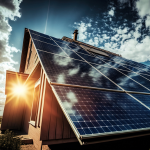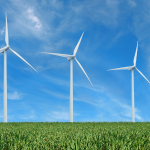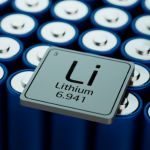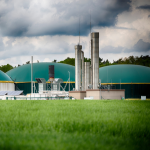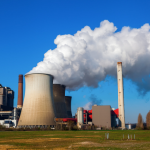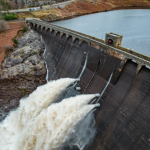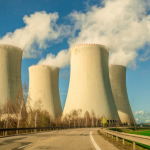Learn Everything About Clean Energy & More!
Check out our free energy glossaries and learn everything related to yoga!
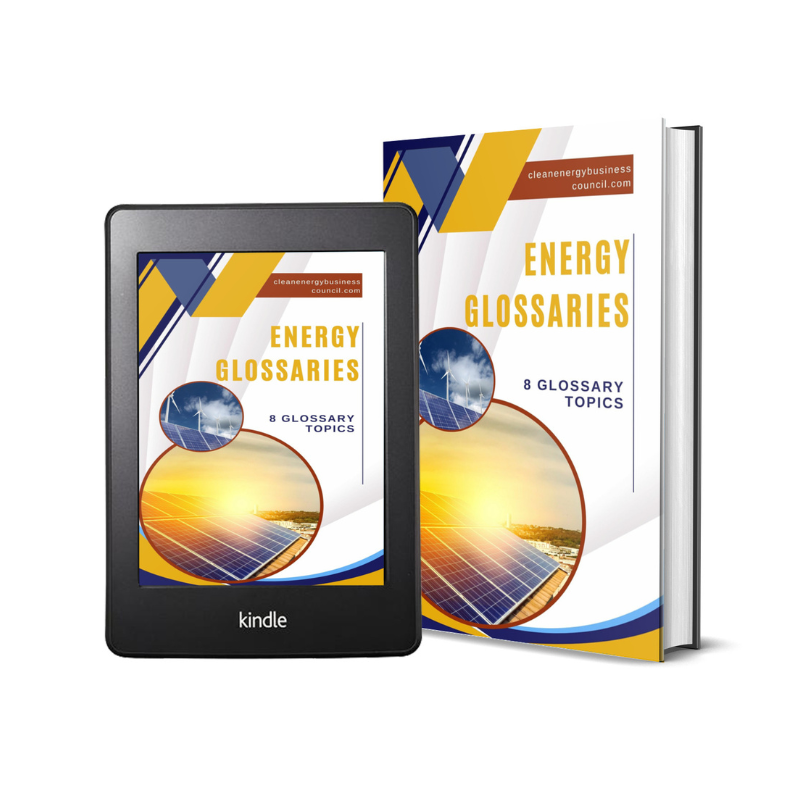
Energy Glossaries
Some Recent Energy Glossary Articles
Isotope – Definition & Detailed Explanation – Nuclear Energy Glossary Terms
I. What is an isotope? Isotopes are atoms of the same element that have the same number of protons but different numbers of neutrons in their nuclei. This means that isotopes of an element have the same chemical properties but different physical properties. For example, carbon-12 and carbon-14 are isotopes of carbon, with carbon-12 having … Read more
Bioenergy Production Capacity – Definition & Detailed Explanation – Biomass Energy Glossary Terms
I. What is Bioenergy Production Capacity? Bioenergy production capacity refers to the maximum amount of energy that can be produced from biomass resources within a given time frame. Biomass resources can include organic materials such as agricultural residues, forestry waste, and municipal solid waste. Bioenergy is a renewable energy source that can be used to … Read more
Hydroelectric Turbine Efficiency – Definition & Detailed Explanation – Hydroelectric Power Glossary Terms
I. What is Hydroelectric Turbine Efficiency? Hydroelectric turbine efficiency refers to the ability of a hydroelectric turbine to convert the energy of flowing water into mechanical energy, which is then used to generate electricity. The efficiency of a hydroelectric turbine is crucial in determining the overall performance and output of a hydroelectric power plant. A … Read more
Battery – Definition & Detailed Explanation – Battery Technology Glossary Terms
I. What is a Battery? A battery is a device that stores chemical energy and converts it into electrical energy. It consists of one or more electrochemical cells, which are connected in series or parallel to provide the desired voltage and current. Batteries come in various shapes and sizes, ranging from small button cells used … Read more
Cut-out Speed – Definition & Detailed Explanation – Wind Energy Glossary Terms
I. What is Cut-out Speed in Wind Energy? Cut-out speed in wind energy refers to the maximum wind speed at which a wind turbine is designed to operate safely. When wind speeds exceed this threshold, the turbine will shut down to prevent damage to the equipment. Cut-out speed is a crucial parameter in wind energy … Read more
Photovoltaic Module – Definition & Detailed Explanation – Solar Energy Glossary Terms
I. What is a Photovoltaic Module? A photovoltaic module, also known as a solar panel, is a device that converts sunlight into electricity using the photovoltaic effect. These modules are made up of multiple solar cells that are connected together to form a larger unit. Photovoltaic modules are commonly used in residential, commercial, and industrial … Read more
Fossil Fuel Insurance – Definition & Detailed Explanation – Fossil Fuels Glossary Terms
I. What is Fossil Fuel Insurance? Fossil fuel insurance is a type of insurance specifically designed for companies involved in the extraction, production, and distribution of fossil fuels such as coal, oil, and natural gas. These companies face unique risks due to the nature of their operations, including environmental liabilities, accidents, and regulatory challenges. Fossil … Read more
Nominal Voltage – Definition & Detailed Explanation – Battery Technology Glossary Terms
I. What is Nominal Voltage? Nominal voltage refers to the voltage at which a battery is designed to operate. It is the average voltage output of a battery during its discharge cycle. This value is typically printed on the battery label and is used as a reference point for determining the battery’s performance and compatibility … Read more
Solar Pergola – Definition & Detailed Explanation – Solar Energy Glossary Terms
I. What is a Solar Pergola? A solar pergola is a structure that combines the functionality of a traditional pergola with the added benefit of solar panels integrated into its design. This innovative concept allows homeowners and businesses to harness the power of the sun while also providing shade and aesthetic appeal to outdoor spaces. … Read more
Battery Efficiency – Definition & Detailed Explanation – Battery Technology Glossary Terms
I. What is Battery Efficiency? Battery efficiency refers to the ability of a battery to convert stored energy into usable electrical energy with minimal waste. In other words, it is a measure of how well a battery can deliver power to a device or system without losing energy in the form of heat or other … Read more
